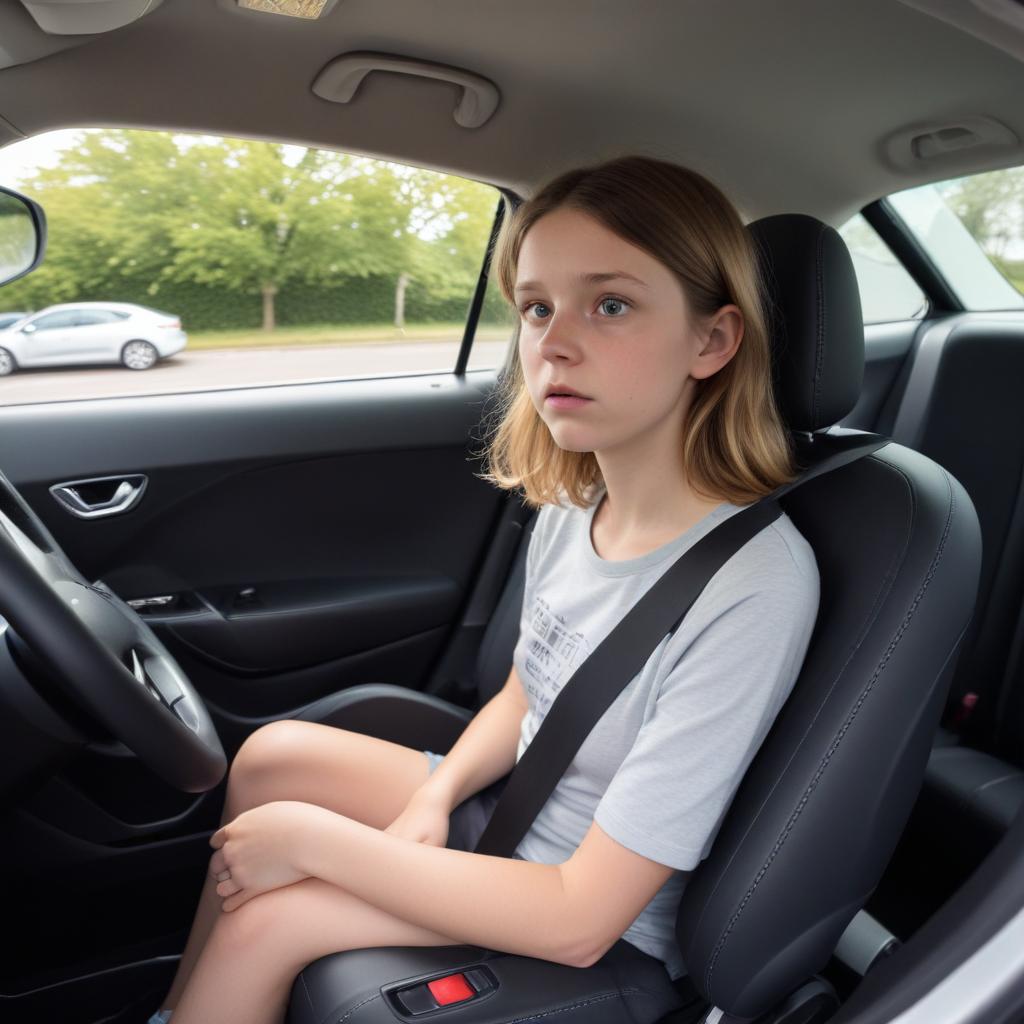Electric vehicles are causing unexpected motion sickness in passengers. Discover why and how to cope.
Phil Bellamy's daughter's experience of motion sickness in his electric vehicle (EV) highlights a growing concern. Many people, not typically prone to car sickness, find themselves nauseous in EVs. The smoother, quieter ride of EVs, lacking the sensory cues of traditional cars, may be a factor. Quick acceleration and regenerative braking are also suspected culprits. Research in China shows EVs are linked to more severe motion sickness. TikTok content creator Atiah Chayne also reports extreme nausea in EVs. Professor John Golding of the University of Westminster explains that passengers, lacking control over the car's movements, are more susceptible to motion sickness. He suggests solutions like sitting in the front, taking medication, using acupressure bands, or listening to a 100hz sound. The car industry is aware of the issue and is exploring solutions to help passengers anticipate movements, such as seat vibrations.



